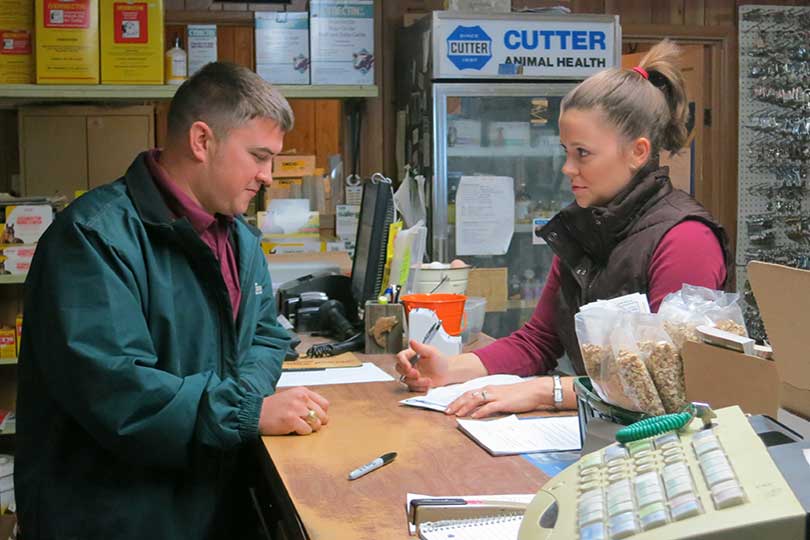Keeping good records can impact the success of agricultural operations. It can also help significantly when farmers or ranchers are forced to make critical financial decisions.
It can be just as important as fixing fence, cutting hay and working cattle to keep a ranch successful, Devlon Ford writes in the Ag News and Views newsletter by the Samuel Roberts Noble Foundation. He says it’s valuable to take time to analyze costs associated with agricultural operations.
Ford says farmers and ranchers often don’t prioritize recordkeeping as they would fixing fence, cutting hay and working cattle because it doesn’t seem as important.
He says if ranchers keep and maintain records, it could be beneficial if forced to reduce and sell some of their herd due to unforeseen circumstances like a drought.
There are many ways to keep records from the traditional pen and paper, software programs and spreadsheets.
Several things, Ford notes, are important to keep in mind when choosing a recordkeeping system.
“Items to consider include, but are not limited to: what data points need to be collected, how this data will be analyzed and used and how transferable is the data if another recordkeeping method is chosen,” Ford writes.
The recordkeeping systems can depend on how comfortable the user is with technology.
“Computerized spreadsheets and data management systems can be very helpful in data analysis, but if the user is not comfortable using the new technology, these systems may not be beneficial,” he said.
To be useful, the data needs to be analyzed to see where losses or profits have been made.
Sound recordkeeping can help farmers and ranchers make informed decisions.
“Recordkeeping translates into decision-making tools. These decision-making tools can make a bad manager good and good manager great,” Ford said.

